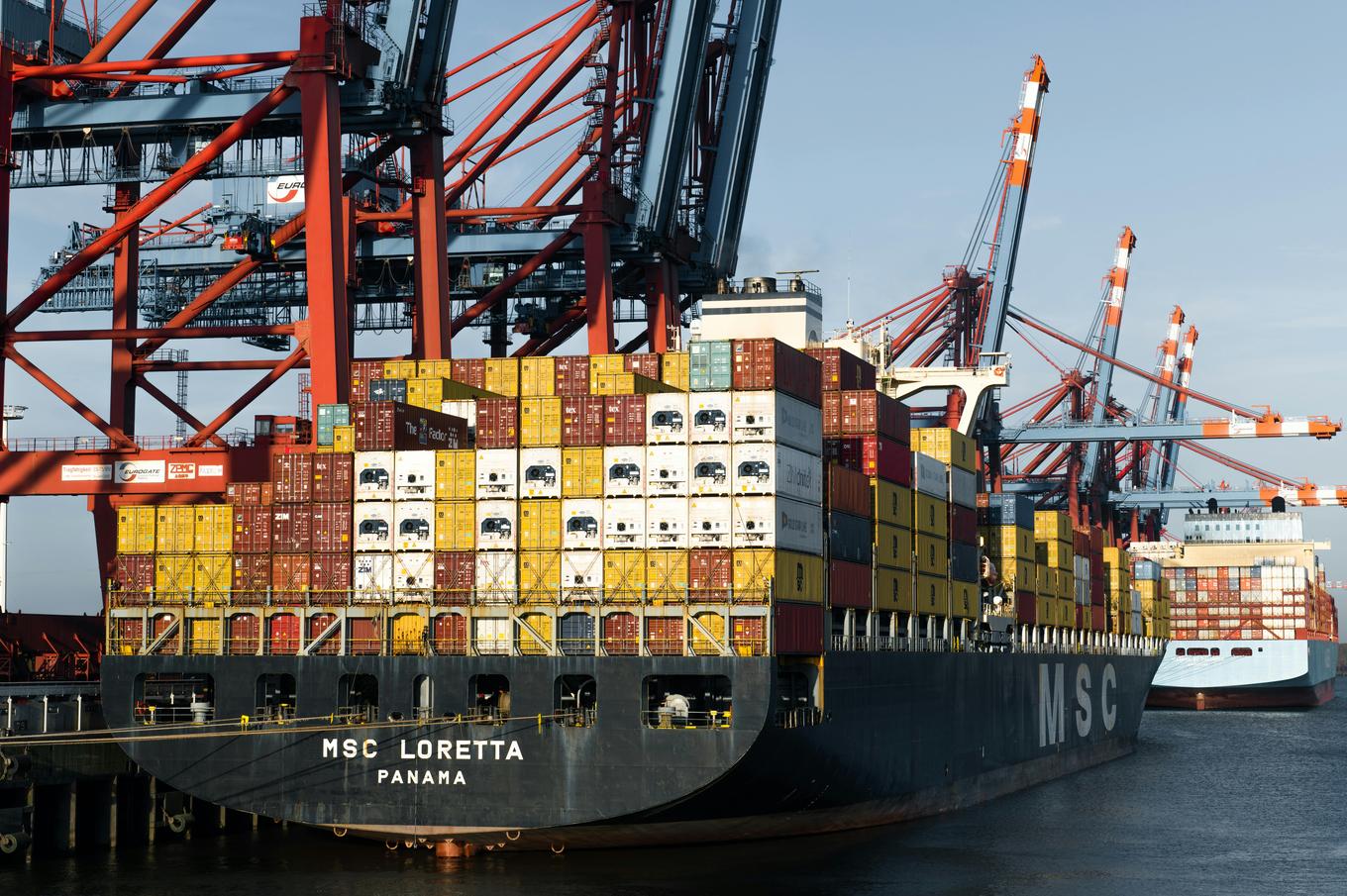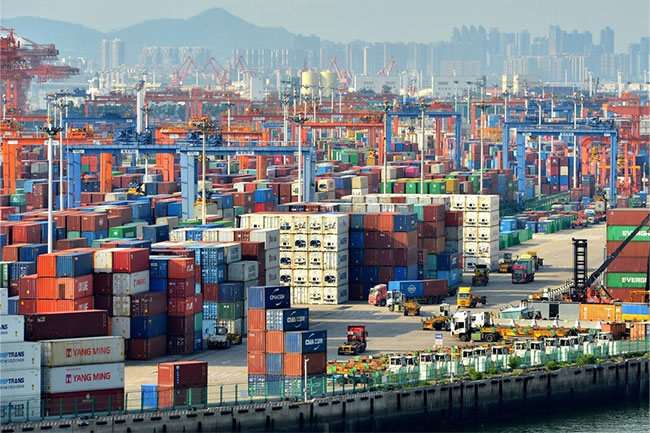- Shanghai Zhongshen International Trade Co., Ltd. - Two decades of trade agency expertise.
- Service Hotline: 139 1787 2118

Contents
ToggleWhenforeign tradeEncountering differences: A misunderstood workplace topic
On the stage of international trade, we often see various practitioners. Some are dressed in suits, some are casual; some are eloquent, some are calm and reserved. But there is one kind of difference that is often over - emphasized - that is the physical difference. At the Frankfurt Exhibition, I saw a boss with only three fingers signing a million - dollar order while chatting and laughing; at the Canton Fair, I also saw a sales elite wearing white gloves calmly dealing with customers from various countries. These real cases tell us: in the field of foreign trade, which values professionalism and ability, physical differences have never been the key factor determining success or failure.
Workplace inclusiveness from an international perspective
After 20 years in foreign trade, I've noticed an interesting phenomenon: international clients often value professional competence over appearance more than domestic companies do. The European and American markets particularly emphasize corporate diversity and inclusive culture. Many international buyers actually develop a stronger preference for companies that employ people with disabilities. I remember at a trade show in Chicago, a German buyer in a wheelchair deliberately chose to work with our hearing-impaired sales representative for a simple reason: "Your company understands how to respect everyone's worth."
- Cognition of cultural differences: In Western countries, it is generally regarded as an embodiment of social responsibility for enterprises to employ people with disabilities
- The principle of professionalism first: International buyers pay more attention to product knowledge, communication skills and problem - solving skills
- Differentiated advantages: Unique personal traits can sometimes become the "memory points" that make clients remember you.
Practical suggestions for breaking through psychological barriers
Of course, in the face of possible misunderstandings from some domestic enterprises, I suggest starting from the following practical perspectives:
The workplace wisdom of playing to strengths and avoiding weaknesses
Choosing suitable clothing can indeed help build a professional image. Long - sleeved shirts can cover scars without being too deliberate, and light - colored gloves are even an advantage in industries with high hygiene requirements such as food and medical. But more importantly, focus on your own advantages - language ability, product knowledge or customer service skills.
Continuous accumulation of professional capabilities
The reason why that colleague who became the top salesperson succeeded was not because customers ignored his physical differences, but because his professional performance made customers completely forget about it. The iron law of the foreign trade industry is: orders always follow those who best understand customer needs.
The strategic vision of enterprise selection
Instead of糾結(jié)于 those enterprises that care about appearances, it is better to look for companies that truly value the value of talents. There are many enterprises in the field of international trade that focus on the spirit of hard work. They care more about how many customers you can bring, rather than whether your hands are perfect.
Those real stories on the exhibition stand
At the Shanghai International Furniture Fair last year, I met a Vietnamese exhibitor who had lost his right hand. Not only did he introduce products fluently in English, but he also skillfully operated samples with his left hand. By the end of the exhibition, his booth had secured three times the average number of orders compared to his peers. When I asked him about the secret to his success, he said, "What customers remember is my expertise in wood, not the fact that I'm missing a hand."
Such cases are not uncommon in international trade fairs. From a psychological perspective, when a person calmly accepts their differences, this confidence can transform into a unique personal charm. As a seasoned buyer once said, "We're looking for reliable business partners, not hand models."
Workplace guide for foreign trade newcomers
For newcomers who have just entered the foreign trade industry, I have a few special suggestions:
- Choose enterprises with a high degree of internationalization. Such companies are usually more inclusive
- Focus on cultivating your core competitiveness, such as foreign language ability, trade practice or specific industry knowledge
- In the initial stage, you can participate in more online exhibitions to accumulate experience and gradually build confidence.
- Prepare several appropriate response plans to calmly respond to possible curious inquiries.
Remember, the most fascinating aspect of the foreign trade industry lies in its fairness—here, orders recognize professionalism, not personal connections. As the boss with only three fingers at the Frankfurt trade fair aptly put it: "Clients don't give me discounts because I have fewer fingers, nor do I lower my service standards because of their biases."
On this global trade stage, the real obstacle has never been in your hands, but in your heart. When you prove your value with professional capabilities, all differences will turn into unique marks. After all, the essence of foreign trade is the establishment of trust, and trust is always built on professionalism and sincerity.
Related Recommendations
Contact Form
? 2025. All Rights Reserved. Shanghai ICP No. 2023007705-2  PSB Record: Shanghai No.31011502009912
PSB Record: Shanghai No.31011502009912










